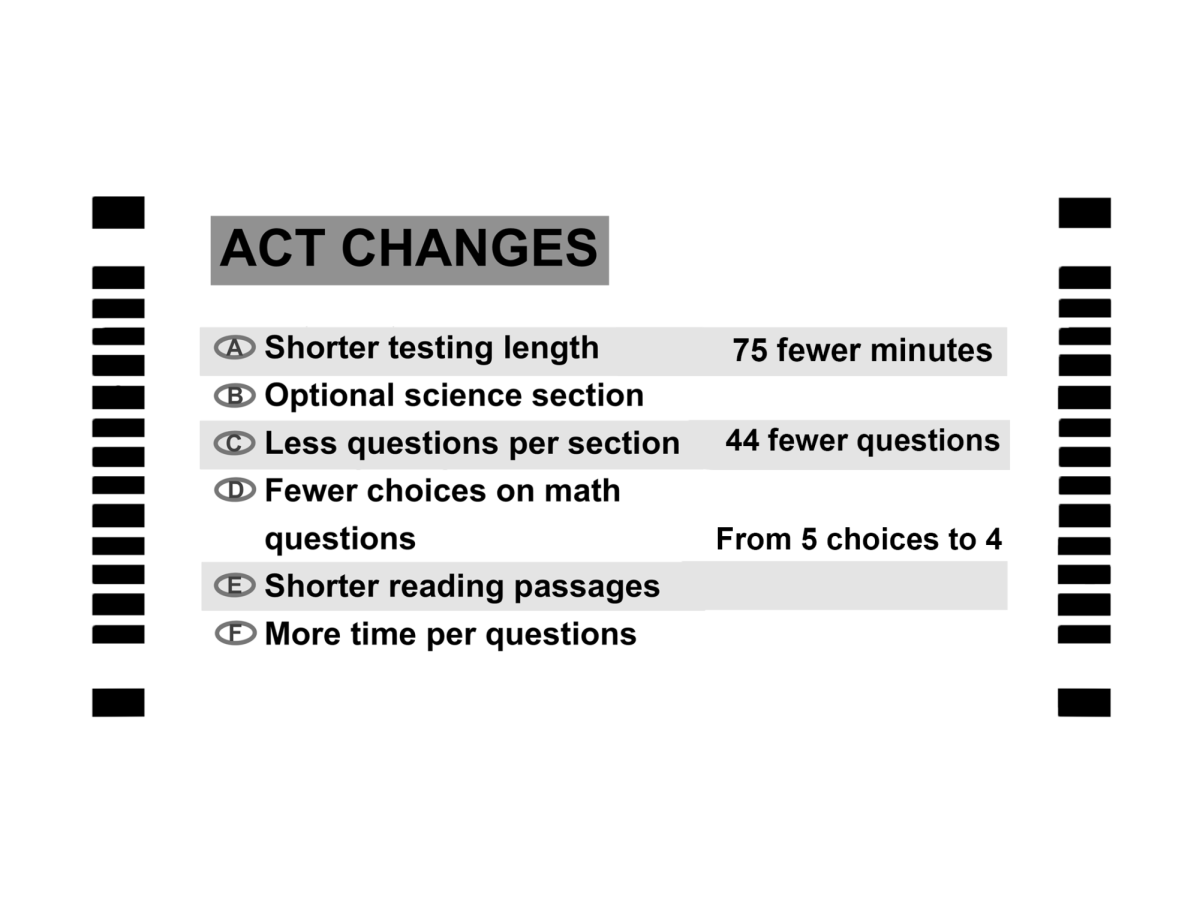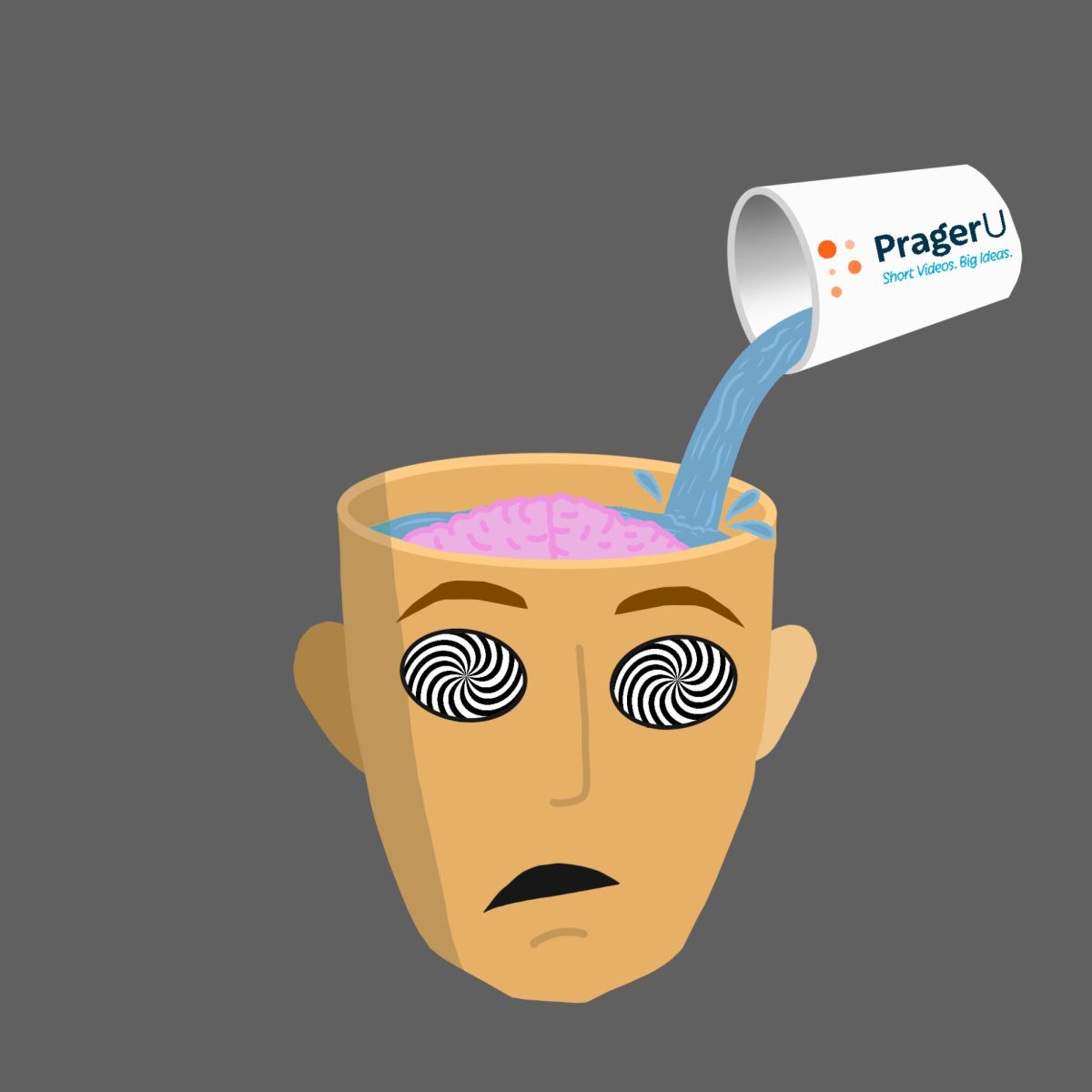
Junior year is a blur of homework, extracurriculars, and, of course, standardized tests. Preparing for college includes AP exams, SAT and ACT tests. This, combined with the cost of preparing for these tests, severely disadvantages low-income students.
AP exams are $92 each. Many Grady students take at least two AP classes, with some taking as many as 11 AP classes throughout their high school careers. In order to get college credit for the AP class, students are required to take and pass the AP exam, usually with a score of at least 3 out of 5.
This can rack up a bill of over $1,000 throughout the student’s four years at Grady. Students with significant need can receive a $30 fee reduction per exam from College Board, the company that administers the AP tests. This helps with the cost of testing, but still leaves students to pay $62 per test.
Many students who do not receive the fee waivers still feel uncomfortable making their family pay that much money for the exams, so they don’t take the exams, denying themselves the opportunity to get college credit.
Luckily, Grady offers free AP exams for students who qualify for free or reduced lunch. This is the example that should be set for all testing companies in order to accommodate low-income students.
Even more essential for college are the SAT and ACT tests.
The SAT costs $43 without the essay and $54.50 with the essay. Most students take the test at least twice, usually including the essay.
College Board, the company that administers the SAT, offers fee waivers if the student falls within the income eligibility guidelines, receives public assistance, is a ward of the state, or lives in federally-subsidized housing.
These fee waivers cover the cost of two SAT tests and the cost of sending scores to four colleges. The waivers are helpful, but do not give low-income students the opportunity to take the test more than twice or send scores to more than four colleges.
The ACT test, similar to the SAT, costs $39.50 without the essay and $56.50 with the essay. The waivers offered for the ACT are similar to those offered for the SAT. They cover the registration fee for a test and the fee for sending scores to four colleges.
Unfortunately, even making the tests free would not be enough; many wealthy students receive an additional leg up from tutoring services and pricey prep books.
Tutoring allows students to get personalized help from a professional. Applerouth, a major test prep organization, claims that students who undergo their tutoring achieved an average increase of 248 points on the SAT and 4 points on the ACT in 2012, according to its website.
Prep books for the SAT and ACT can be as much as $25 each, with students often buying more than one.
By the end of my high school career, I will have bought two prep books and taken two ACT tests, two SAT tests, 10 AP tests, and an ACT tutoring class. This adds up to a whopping cost of $1,767.
The ability to get into college should have no correlation with the ability to pay. Students who work hard should be rewarded with test scores that match their intelligence, not surpassed by students with enough money to get extra help.
The testing companies have done a good job of offering low-income students more financial aid, but until the playing field is truly leveled, there will not be a way to ensure that college admissions is based solely on ability.






